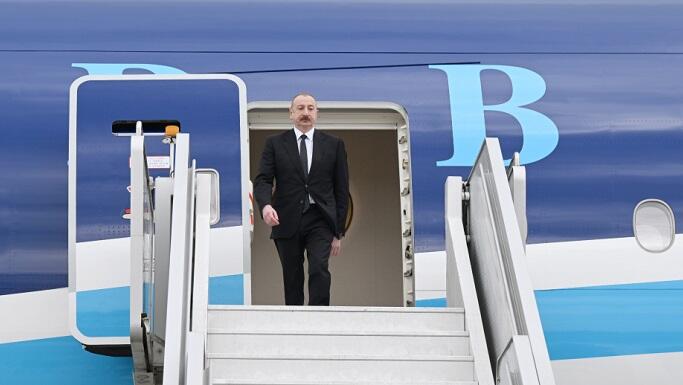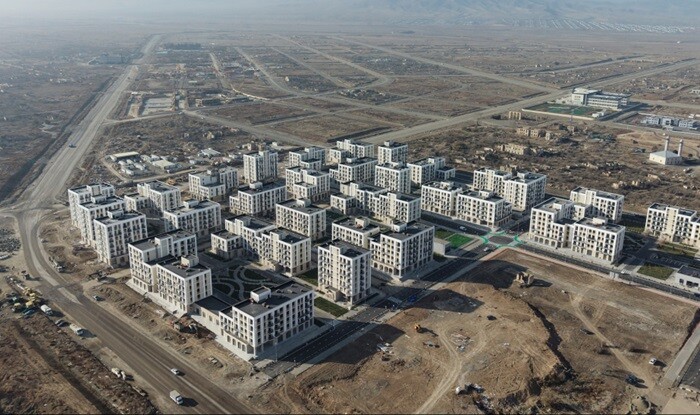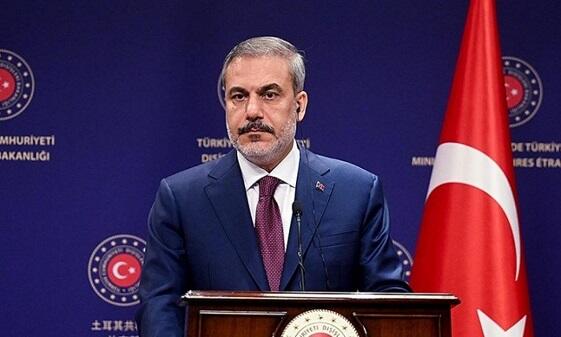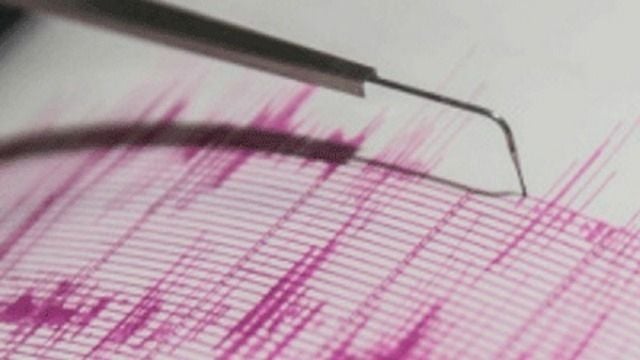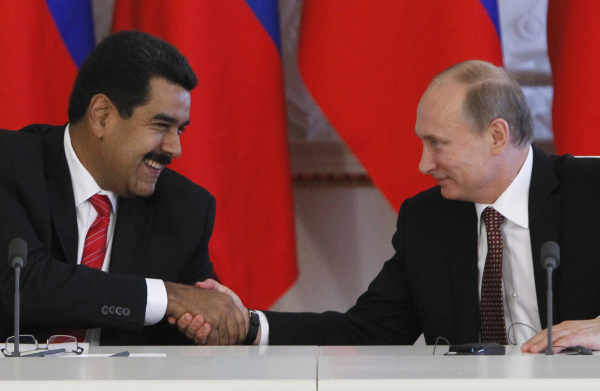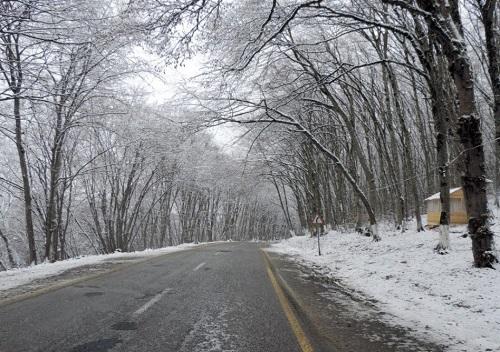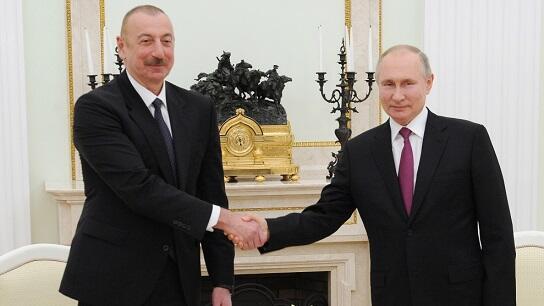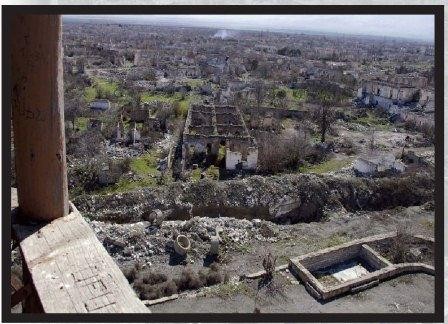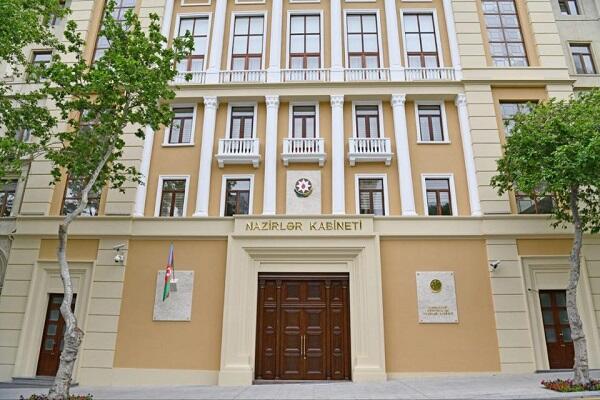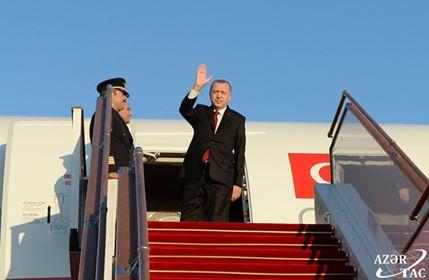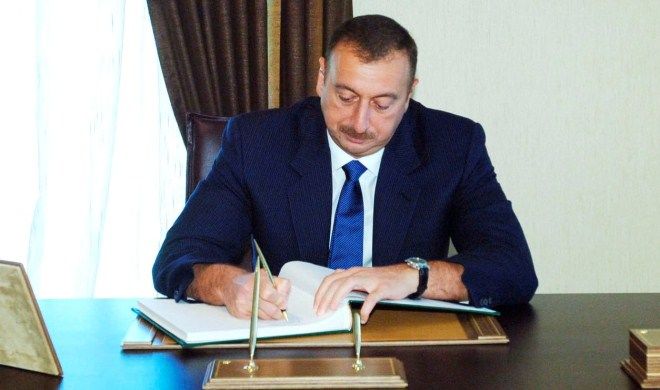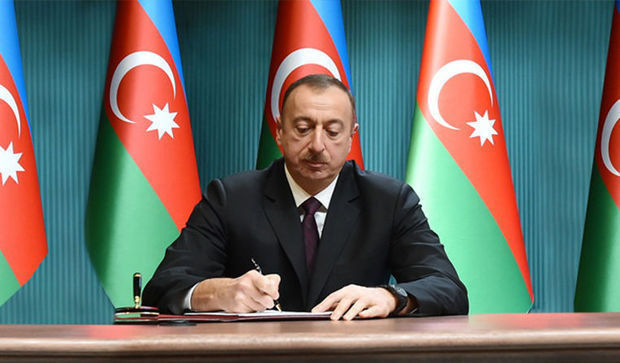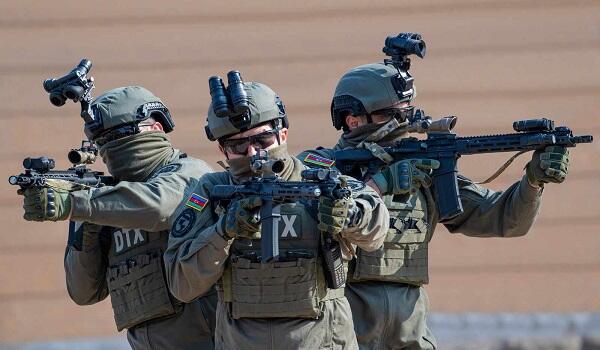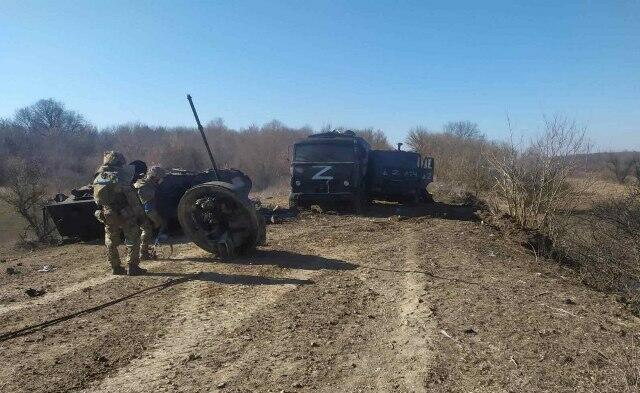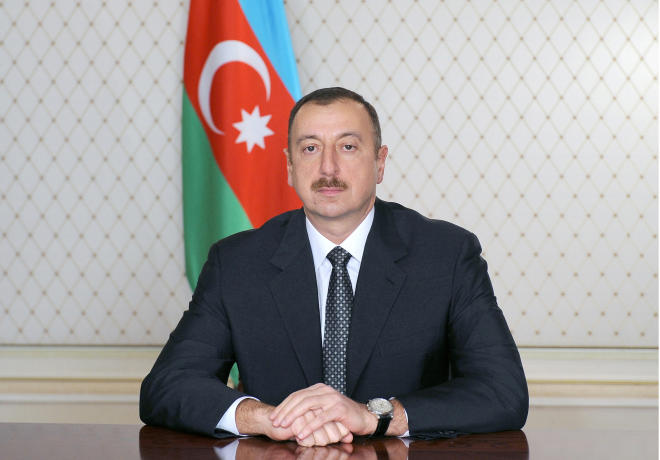The Nagorno-Karabakh conflict, while not taking place in Israel's immediate neighborhood, has potential "ripple effects" on the Middle East, the US-based news agency 'Jewish News Service' reported.
The conflict between the two South Caucasus countries began in 1988 when Armenia made territorial claims against Azerbaijan. As a result of the ensuing war, in 1992 Armenian armed forces occupied 20 percent of Azerbaijan, including the Nagorno-Karabakh region and seven surrounding districts. The 1994 ceasefire agreement was followed by peace negotiations. Armenia has not yet implemented four UN Security Council resolutions on withdrawal of its armed forces from the Nagorno-Karabakh and the surrounding districts.
"Azerbaijan is the side that lost its territory and it wants to win it back," said Amberin Zaman, a Turkish-born US public policy scholar at the Woodrow Wilson International Center for Scholars.
Azerbaijani Ambassador to the US Elin Suleymanov said Azerbaijan is looking for international support towards attaining a peaceful settlement of the Nagorno-Karabakh conflict considering the four UN Security Council Resolutions.
"Armenia has continued to ignore the resolutions...and the world has been comfortable with the status quo," Suleymanov said.
"As long as our conflict did not move to active warfare, it was easier just to ignore it or to refrain from putting pressure on Armenia to move toward demobilization," he said.
In fact, the first large-scale Armenian attack took place while Azerbaijani President Ilham Aliyev was in the US to attend the fourth Nuclear Security Summit in Washington, DC, according to Suleymanov.
On the night of April 2, 2016, all the frontier positions of Azerbaijan were subjected to heavy fire from the Armenian side, which used large-caliber weapons, mortars and grenade launchers. The armed clashes resulted in deaths and injuries among the Azerbaijani population. Azerbaijan responded with a counter-attack, which led to liberation of several strategic heights and settlements.
Military operations were stopped on the line of contact between Azerbaijani and Armenian armies on Apr. 5 at 12:00 (UTC/GMT + 4 hours) with the consent of the sides, Azerbaijan's Defense Ministry earlier said. Ignoring the agreement, the Armenian side again started violating the ceasefire.
Russia has a proactive diplomatic power in the settlement of the Nagorno-Karabakh conflict, Suleymanov said.
The ambassador noted that while US-Russia relations remain strained, he believes that regional powers could see the benefit of Azerbaijan's strategic ties with the US and Israel.


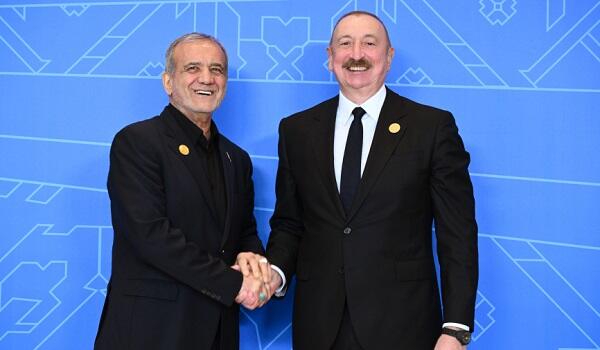

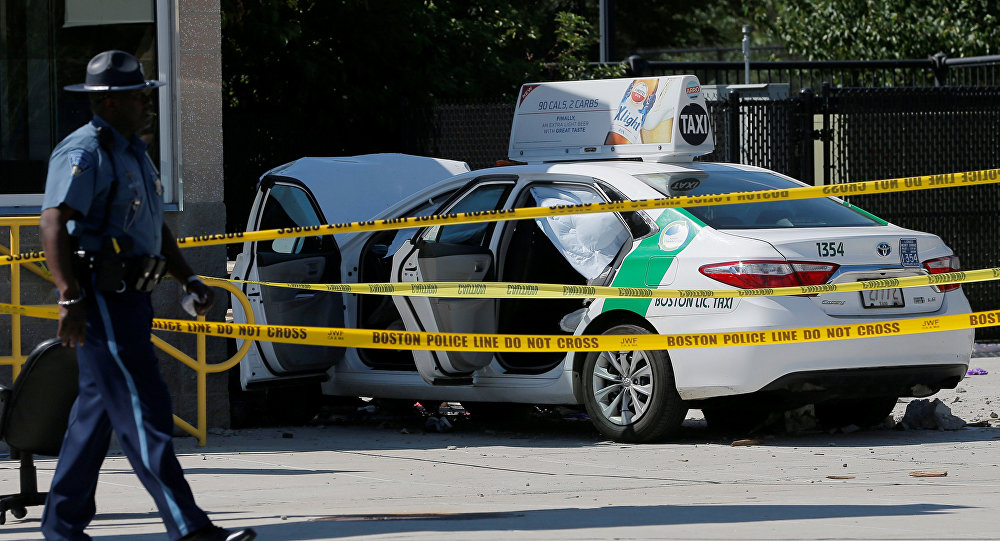
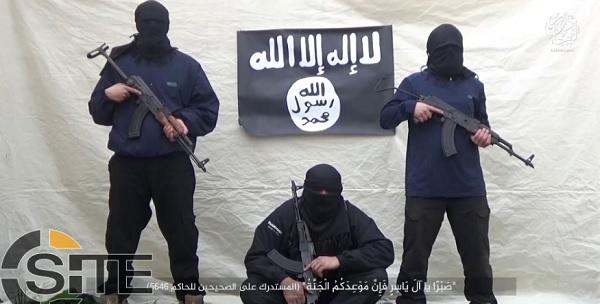

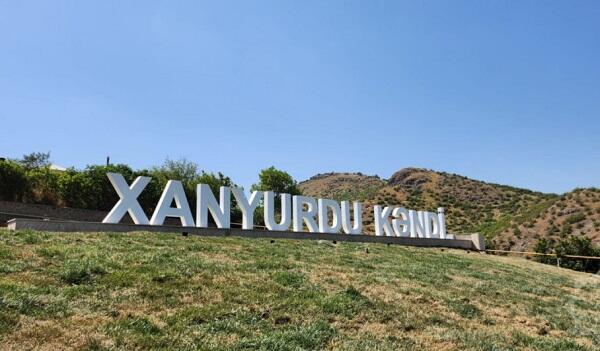
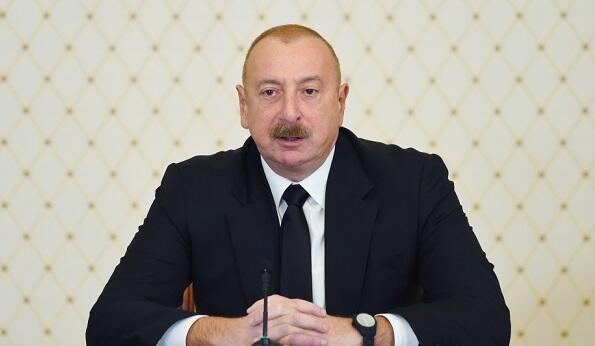
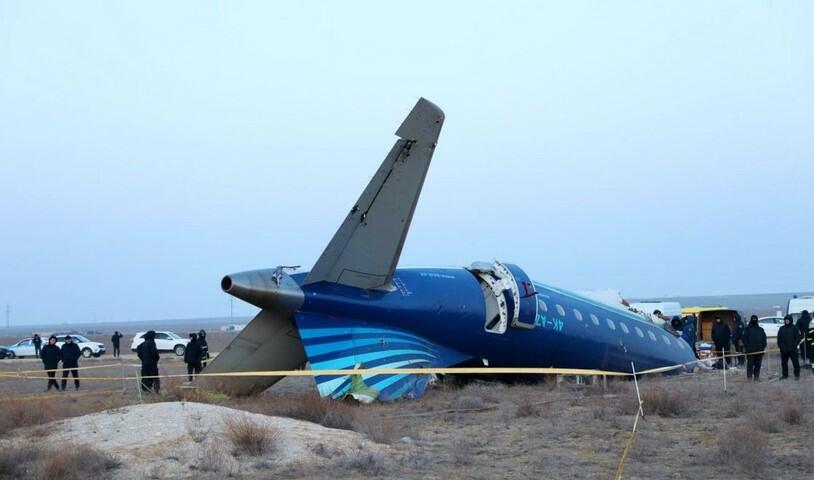

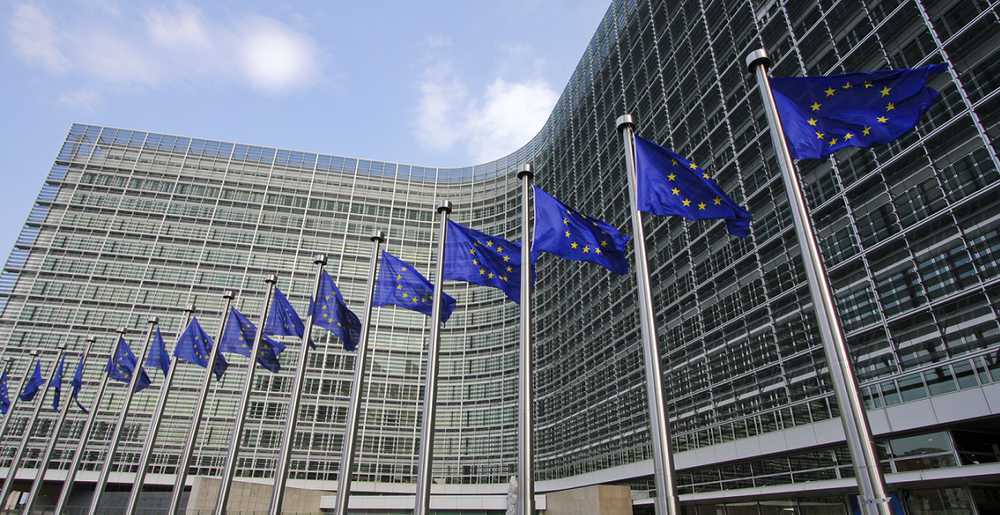
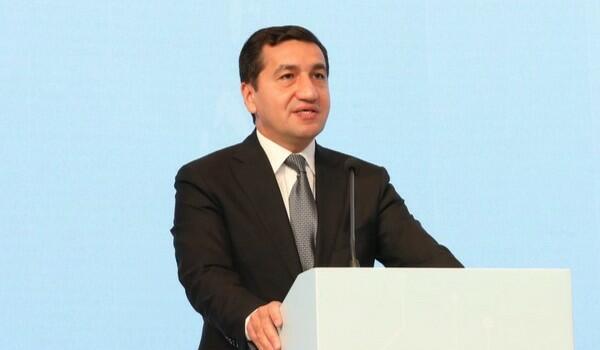

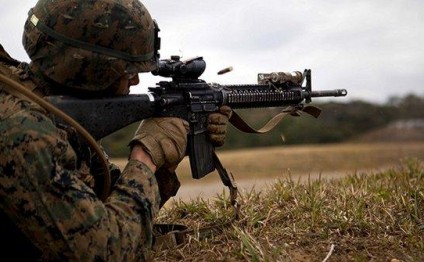
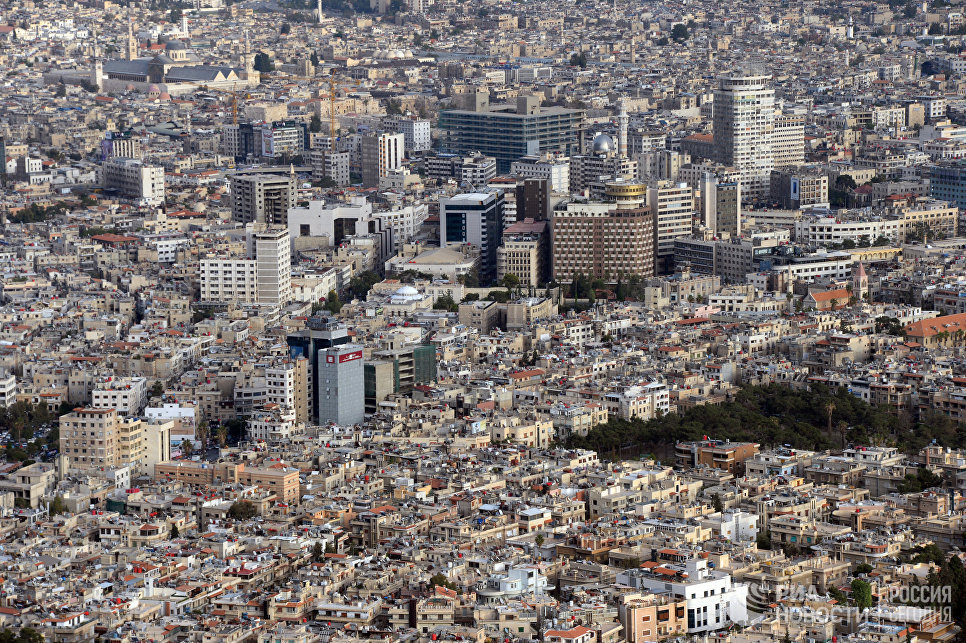



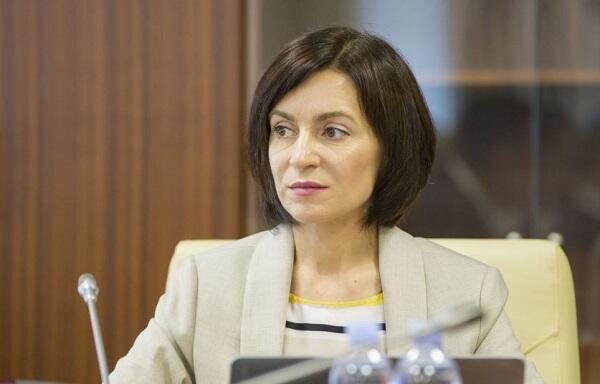

.jpg)
